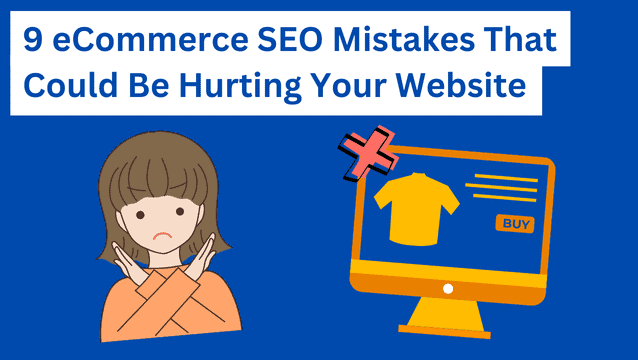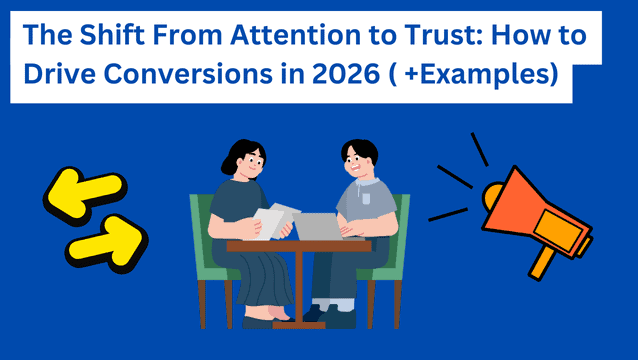Late last week, Google added another update to its Site Reputation Abuse Policy, this time adding nine FAQs to answer questions many site owners have asked since Google launched the new policy in March this year.
Site reputation abuse policy recap
Google launched its Site Reputation Abuse policy in March 2024, along with the core algorithm update.
Google outlined what site reputation abuse is on its Spam Policy documentation page, which reads:
● “Site reputation abuse is the practice of publishing third-party pages on a site in an attempt to abuse search rankings by taking advantage of the host site’s ranking signals. Such third-party pages include sponsored, advertising, partner, or other third-party pages that are typically independent of the main site’s purpose.”
The first update
Upon the initial release, site owners who contributed to third-party content could host it on their site. However, since the launch, Google has been reviewing and updating the policy to comply with what the tech giant says are “changing situations.”
Google wrote the following after releasing its Site Reputation Abuse policy:
- “Earlier this year, as part of our work to fight spam and deliver a great Search experience, we launched a spam policy to combat site reputation abuse. This is a tactic where third-party content is published on a host site to take advantage of the host’s already-established ranking signals. The goal of this tactic is for the content to rank better than it could otherwise on a different site, and leads to a bad search experience for users.”
In November, Google updated the policy to crack down on “Parasite SEO,” changing the rules for site owners hosting third-party content to exploit their site’s rankings.
Chris Nelson of Google’s Search Quality team said the update would remove any confusion about first-party involvement with third-party content:
● “We’re making it clear that using third-party content on a site in an attempt to exploit the site’s ranking signals is a violation of this policy — regardless of whether there is first-party involvement or oversight of the content.”
The latest update
Google’s latest update was on December 6 to assist site owners struggling to keep up with the policy changes by answering several commonly asked FAQs.
The questions cover topics such as redirecting URLs and links, what happens if you attempt to remove your content, affiliate content, and what is third-party content.
Here’s a screenshot of the new FAQs from Google Search Central:
What it means
Google said it added the FAQs to address site owners’ and publishers’ concerns and clarify its site reputation abuse policy. Google also said it encourages publishers, site owners, and SEO professionals to familiarize themselves with the updated policy to avoid being penalized and to focus on creating content that benefits users, not their search rankings.


